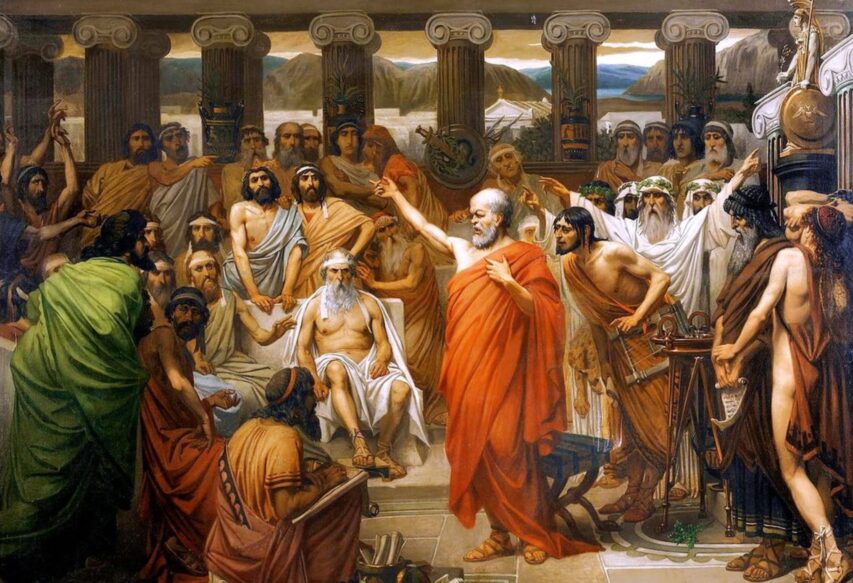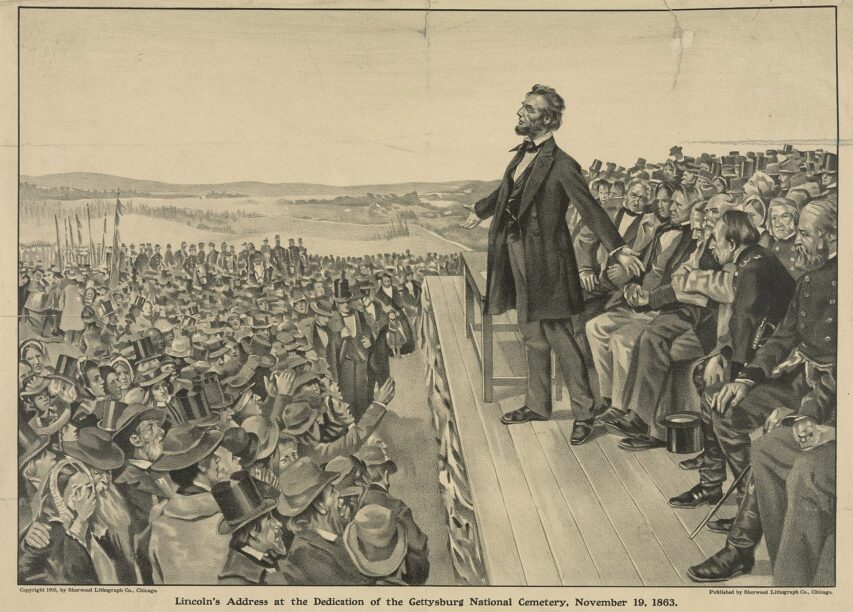Ted Gioia says that the old rules of communicating to the public are undergoing a major shift.
Before they executed Socrates in the year 399 BC — on charges of impiety and corrupting youth — the philosopher was given a chance to defend himself before a jury.
Socrates started his defense with an unusual plea.
He told his listeners that he had no skill at making speeches. He just knew the everyday language of the common people.
Socrates explained that he had never studied rhetoric or oratory. He feared that he would embarrass himself by speaking so plainly in his trial defense.
“I show myself to be not in the least a clever speaker,” Socrates told the jurors, “unless indeed they call him a clever speaker who speaks the truth.”
He knew that others in his situation would give “speeches finely tricked out with words and phrases”. But Socrates only knew how to use “the same words with which I have been accustomed to speak” in the marketplace of Athens.
Socrates wasn’t exaggerating. His entire reputation was built on conversation. He never wrote a book — or anything else, as far as we can tell.
Spontaneous talking was the basis of his famous “Socratic method” — a simple back-and-forth dialogue. You might say it was the podcasting of its day. He aimed to speak plainly — seeking the truth through open and unfiltered conversation.
That might get you elected President in the year 2024. But it didn’t work very well in Athens, circa 400 BC.
Socrates received the death penalty — and was executed by poisoning.
Is that shocking? Not really.
Western culture was built on one-way communication. Leaders and experts speak — and the rest of us listen.
Socrates was the last major thinker to rely solely on conversation. After his death, his successors wrote books and gave lectures.
That’s what powerful people do. They make decisions. They give orders. They deliver speeches.
But not anymore.
In the aftermath of the election, the new wisdom is that giving speeches from a teleprompter doesn’t work in today’s culture. Citizens want their leaders to sit down and talk.
And not just in politics. You may have seen the same thing in your workplace — or in classrooms and other group settings. People now resist one-way orders from the top.
The word “scripted” is now an insult. Plainspoken dialogue is considered more trustworthy. This is part of the up-versus-down revolution I’ve written about elsewhere — a conflict that, I believe, may have even more impact on society than Left-versus-Right.
For better or worse, the hierarchies we’ve inherited from the past are toppling. To some extent, they are even reversing.
This is now impacting how leaders are expected to speak. Events of the last few days have raised awareness of this to a new level — but the “experts” should have expected it. That’s especially true because the experts will be those most impacted by this shift.





